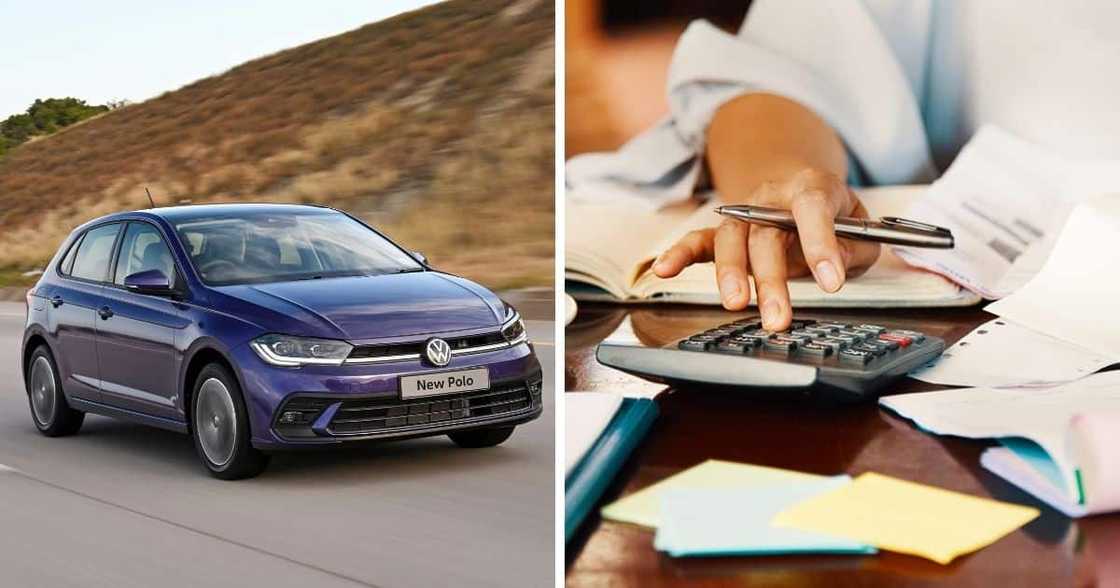4 Solid Tips to Get Your Finances in Order Before Buying a Car
- We've all put January behind us, and hopefully set up a budget for 2022 as we navigate increased food and fuel prices
- If you're looking to purchase a car this year there are some important steps to take in order to make sure you give yourself the best possible chance of qualifying for vehicle finance
- Wesbank, FNB's vehicle finance arm, has outlined four golden rules to look at before taking the plunge and buying a vehicle
PAY ATTENTION: Click “See First” under the “Following” tab to see Briefly News on your News Feed!
There's enough information on the internet for South Africans and those abroad to not make silly, ' off the cuff' decisions about vehicle finance. Buying a car is likely to be the second-largest purchase by value one will make in their lifetime.
Wesbank, FNB's vehicle finance arm has extensive experience in the industry and they've come up with a few tips to assist in making sure one has the tools to make an informed decision.
Firstly, the best place to start is to list all the money that comes into your account, such as your salary and any other sources of income you might have – in the first column, and your expenses in an adjacent column. It is advisable to divide your expenses into two categories: fixed monthly expenses and variable costs.

Source: UGC
In order to determine how much you have to pay towards the instalment, insurance and maintenance costs it's good to analyse all your expenses, MotorPress reports. Take a fine-tooth comb go through your bank statement line by line, and look for opportunities where you could cut back on costs and even make some savings.
Enjoy reading our stories? Download the BRIEFLY NEWS app on Google Play now and stay up-to-date with major South African news!
A small amount saved each month can add up to make a difference over time.
Kutlwano Mogatusi, WesBank Motor’s Communications Specialist says:
“It is a common rule among financial advisors to try and save up to 20% of your monthly income. While this might seem a daunting amount in the current economic climate, even 5% is a good start. Putting aside an amount on a regular basis should become a habit rather than a random act, and it will give you a sense of accomplishment when you see the balance growing."
Try to decrease the amount of debt you're currently paying. Financial institutions are less likely to provide vehicle finance if a large part of your salary to dedicated to paying the debt. It's important to list all your loans and debts in a separate column and carefully analyse each one. It makes financial sense to start paying off the most expensive debts first.

Source: UGC
And finally, check your credit score. This is based on your credit report, which lists your credit history including payments and active accounts over a 24-month period.
You can request a free copy of your credit report once a year from a reputable online vendor to check how you’ve managed your finances in the past as lenders will check this to assess your level of risk when you apply for future credit.
Bite-size Mercedes 'G-Wagon' spotted in London fools car spotters
A Suzuki Jimny sporting a Brabus kit that was spotted in London, could've easily been mistaken for a mini G-Wagon, reports Briefly News.
The Mercedes-Benz G-Wagon has cult status around the world, however, this smaller version is a Japanese SUV called the Suzuki Jimny.
The reason this special Jimny went viral is mainly due to its awesome exterior styling cues which include Brabus decals, AMG wheels, side exhausts (like the G63), V8 Biturbo badges (the Jimny has a 1,5-litre turbo engine), and similar-looking door handles.
Source: Briefly News



